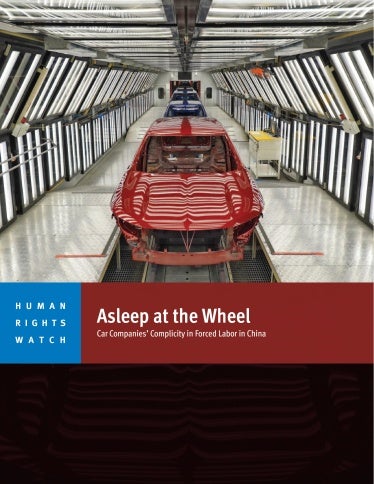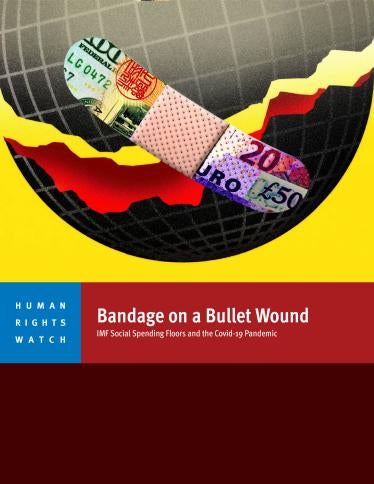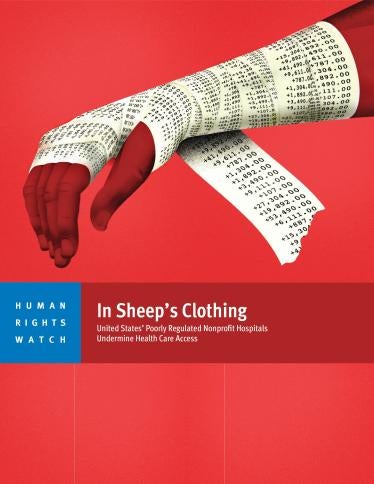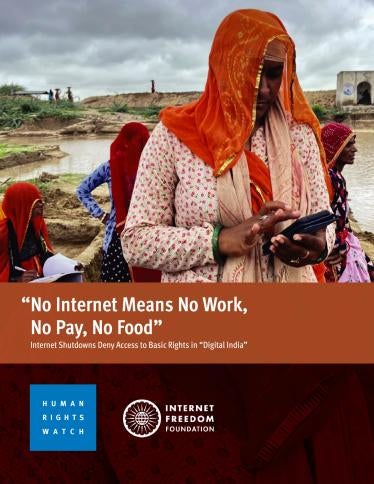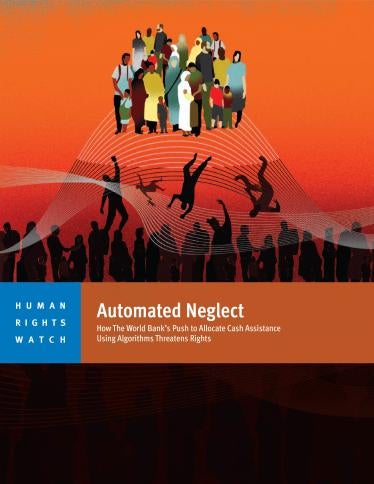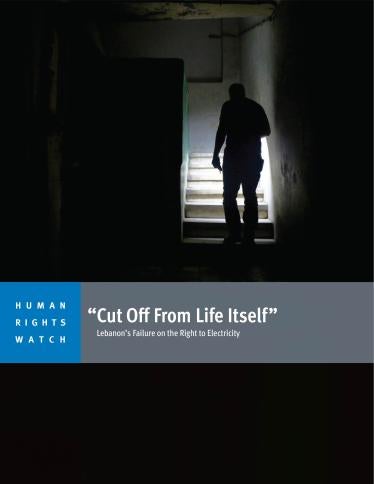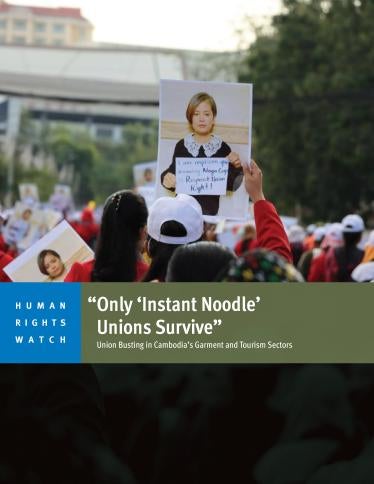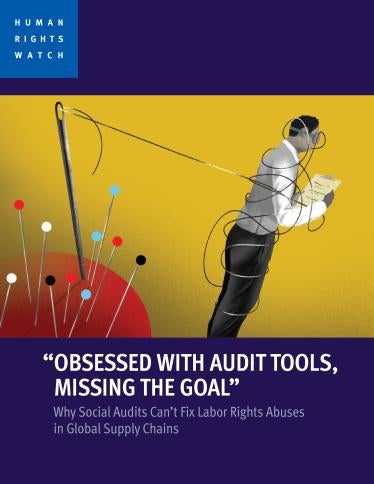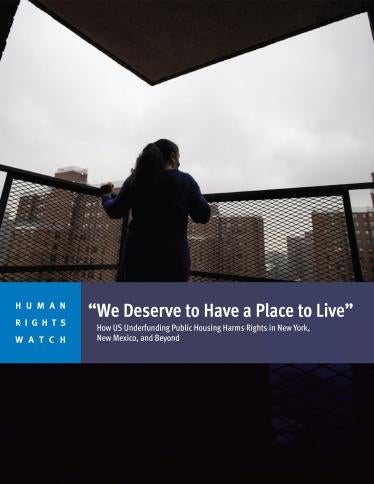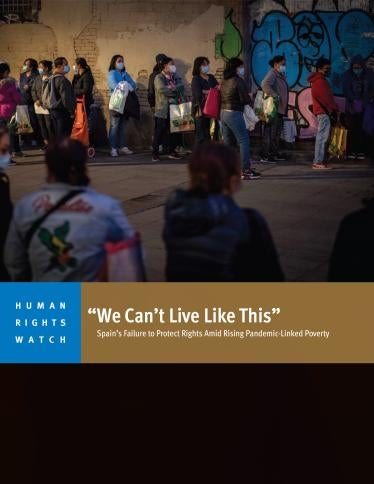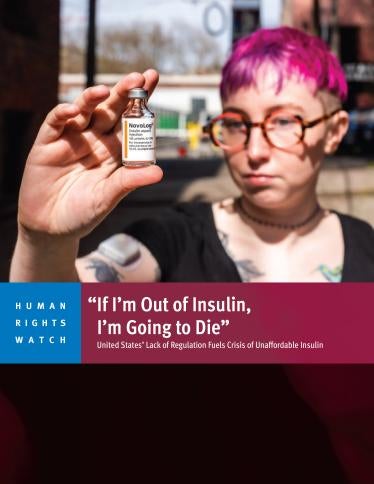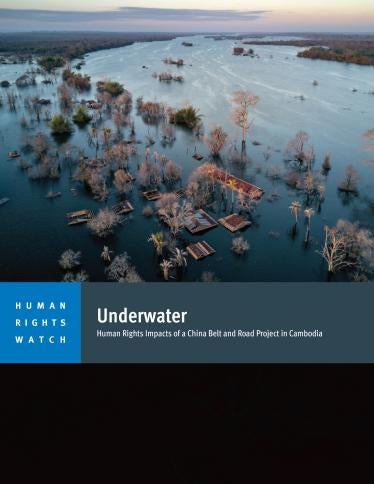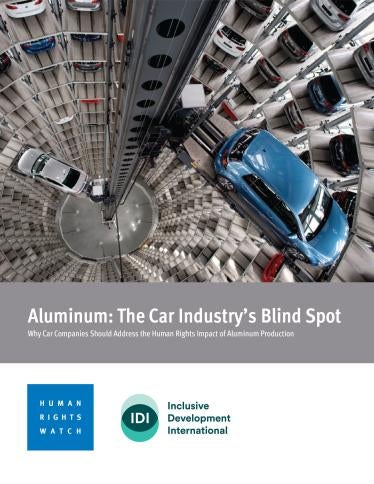“Lay a Strong Foundation for All Children”
Fees as a Discriminatory Barrier to Pre-Primary Education in Uganda
The 68-page report, “Lay a Strong Foundation for All Children”: Fees as a Discriminatory Barrier to Pre-Primary Education in Uganda,” documents how lack of access to free pre-primary education leads to poorer performance in primary school, higher repetition and drop-out rates, and widening income inequality. Fewer than 1 in 10 Ugandan children ages 3-5 are enrolled in a registered and licensed pre-primary school – known locally as “nursery” school – and 60 percent attend no school at all until they reach primary school. Pre-primary education refers to early childhood education before a child’s entry into primary school, which in Uganda is at age 6.




